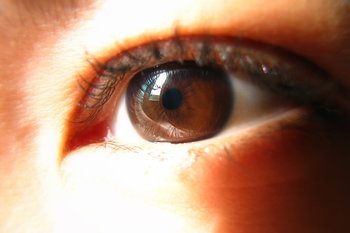|
| |
The golden rule is a moral principle that can be summarized treat others and you would like to be treated. This is a remarkably common rule in multiple cultures indicating that it may have spread from culture to culture in antiquity. It can also be argued that it was simply intuitive to multiple cultures. The following are examples of the golden rule from multiple traditions.
ChristianitySo whatever you wish that others would do to you, do also to them, for this is the Law and the Prophets.
~ Matthew 7:12 IslamNone of you can truly be said to believe until he wants for his brother what he wants for himself.
~ Riyadh-as-Saliheen by Imam Al-Nawawi, volume 2, hadith number 236 JudaismThat which is hateful to you do not do to another; that is the entire Torah, and the rest is its interpretation. Go study.
~ The William Davidson Talmud
Confucianism What you do not want others to do to you, do not do unto others.
~ Confucius, Analects XV:24 HinduismThis is the sum of duty. Do not unto others that which would cause you pain if done to you.”
~ Mahabharata 5:1517 TaoismRegard your neighbor's gain as your own gain, and your neighbor's loss as your own loss.
~ T'ai Shang Kan Ying P'ien StoicismTreat your inferior as you would wish your superior to treat you.
~ Seneca the Younger, Letter 47 Jainism A man should wander about treating all creatures as he himself would be treated.
~ Sutrakritanga, 1.11.33 OriginThe golden rule is very clearly stated by Confucius (above) who lived 551 to 479 BCE. If the rule has a single cultural origin, you could argue that this may be it.ReciprocityThe golden rule is unconditional and is quite different from the idea of reciprocity whereby you are good to people who are good to you.Next: This Too Shall Pass
Philosophy
This is the complete list of articles we have written about philosophy.
If you enjoyed this page, please consider bookmarking Simplicable.
An overview of philosophy with examples.
A list of interesting contradictions.
An overview of change with examples.
TrendingThe most popular articles on Simplicable in the past day.
Recent posts or updates on Simplicable.
Site Map
© 2010-2023 Simplicable. All Rights Reserved. Reproduction of materials found on this site, in any form, without explicit permission is prohibited.
View credits & copyrights or citation information for this page.
|
















